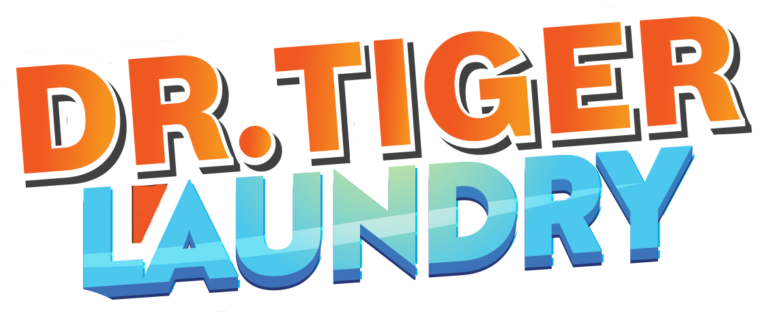The Dark Side of Slot Machines: Understanding the Psychological Impact of Zombie Outbreak
Slot machines have been a staple in casinos and gaming establishments for decades, offering an enticing combination of chance, entertainment, and potential reward. However, beneath their gleaming surfaces and cheerful sounds, slot machines can unleash a dark side that affects players’ mental health and well-being. This article will explore the psychological impact of zombie-themed slot machines, one of the most popular types of slots in modern casinos.
The Rise of Zombie Slots
Zombie apocalypse has become a site staple theme in popular culture, inspiring movies, TV shows, books, and even video games. The fascination with zombies can be attributed to their symbolic representation of chaos, destruction, and the breakdown of societal norms. It’s no surprise that slot machine manufacturers have caught on to this trend, releasing zombie-themed slots that promise players a thrilling experience.
Some popular zombie-themed slot machines include "Zombie Rush," "Zombie Apocalypse," and "Kings of Cash." These games often feature cartoonish graphics, infectious sound effects, and narratives centered around survival in a post-apocalyptic world. Players are encouraged to join the fight against hordes of undead creatures, collecting rewards and bonuses along the way.
The Psychological Impact of Slot Machines
Slot machines have been extensively studied for their potential to trigger addictive behavior, with some research suggesting that up to 3% of players can be classified as "problem gamblers." These individuals often experience negative consequences, such as financial problems, relationship strain, and compromised mental health. The psychological impact of slot machines is complex and multifaceted, involving elements of reward, excitement, and social interaction.
When playing slots, the brain releases dopamine, a neurotransmitter associated with pleasure and motivation. This can create a cycle of reinforcement, where players feel compelled to continue playing in pursuit of the next big win. However, when losses pile up, players may experience feelings of anxiety, frustration, and despair. The constant flux between excitement and disappointment can lead to a state of emotional dysregulation, characterized by heightened stress levels and mood swings.
The Zombie Factor: How Fear and Anxiety Drive Addiction
Zombie-themed slots tap into the primal fear of chaos and destruction, amplifying players’ anxiety and stress levels. By depicting hordes of undead creatures attacking and killing innocent civilians, these games create a sense of urgency and danger that can be deeply unsettling for some players.
Research suggests that fear and anxiety can serve as powerful motivators for addictive behavior. When faced with perceived threats or dangers, individuals may engage in risk-taking activities, such as gambling, to cope with their emotions. Zombie slots exploit this psychological vulnerability by presenting a constant stream of "near-miss" situations and near-apocalyptic scenarios, keeping players engaged and hooked.
The Normalization of Addictive Behavior
Casinos often promote zombie-themed slots as entertainment experiences that offer a chance to escape reality. However, the normalization of addictive behavior through marketing campaigns can be particularly insidious. By framing problem gambling as an acceptable aspect of casino culture, establishments may inadvertently perpetuate a cycle of harm.
This phenomenon is known as "normative influence," where players internalize and adopt the behaviors of others, believing them to be normal or desirable. In the context of zombie slots, this can manifest as players feeling pressure to play for extended periods or engaging in reckless betting habits to match their friends’ levels of excitement and enthusiasm.
The Role of Social Interaction in Zombie Slots
Social interaction plays a significant role in maintaining the appeal of slot machines. Players often gather around gaming terminals, sharing tips, strategies, and stories about past wins or losses. In zombie slots, this social aspect is amplified through multiplayer features and shared goals, such as "surviving" together against hordes of undead.
While social interaction can provide an enjoyable experience for some players, it also contributes to the normalization of addictive behavior. When others around you are engaged in high-risk activities or betting habits, it’s easy to rationalize your own behavior and downplay its consequences. Social norms can exert a powerful influence on behavior, making it challenging to recognize and address problem gambling.
Breaking the Cycle: Strategies for Healthy Play
Recognizing the potential risks associated with zombie slots is crucial for maintaining healthy play habits. Here are some strategies that players can use to mitigate their exposure:
- Set limits : Establish strict limits on time and money spent playing, ensuring that you don’t compromise your financial stability or relationships.
- Choose games wisely : Opt for games with lower volatility and RTP (return-to-player) rates, as these tend to offer more frequent but smaller rewards.
- Monitor your emotions : Pay attention to feelings of anxiety, frustration, or despair while playing. Take regular breaks and engage in other activities to maintain emotional balance.
- Seek support : Join a support group or consult with a counselor if you’re struggling with problem gambling or experiencing adverse effects from playing zombie slots.
In conclusion, the psychological impact of zombie-themed slot machines is complex and multifaceted. By understanding the role of fear, anxiety, social interaction, and normative influence in addictive behavior, players can take steps to maintain healthy play habits and avoid the dark side of slot machines.



